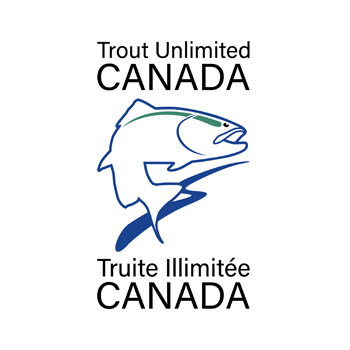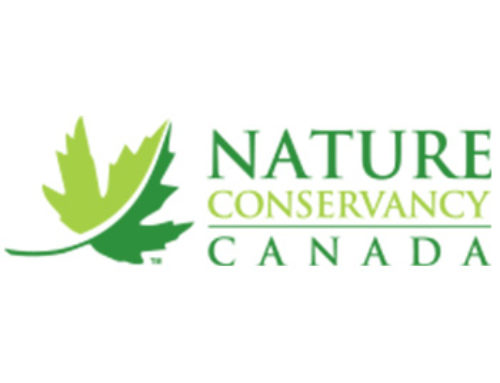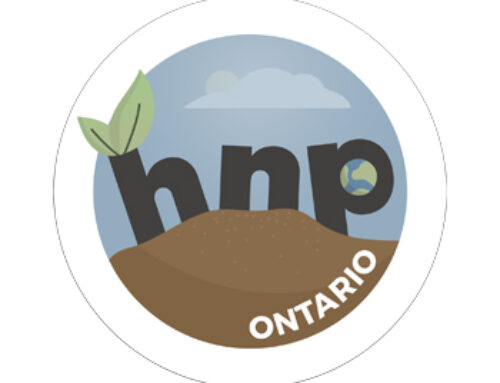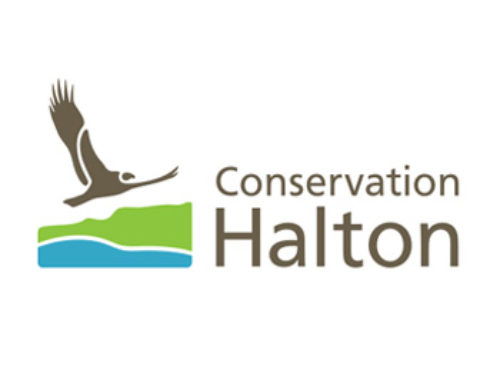2024
Connect and Protect Program
Granted $6,000.00 for Connect and Protect 2024 — Provide an opportunity for racialized communities to participate in nature, gain experience in outdoor activities and contribute to protecting their local environment.
Project Objectives:
Trout Unlimited Canada’s freshwater conservation projects involve many volunteer workdays for the community to get involved with restoring freshwater habitat, often in remote locations away from urban centres. We recognize that these events are typically under-attended by urban racialized communities and new Canadians. There are many reasons why newcomers and BIPOC individuals have challenges engaging with nature. From lack of experience to lack of resources such as transportation, to lack of representation, these communities often spend proportionally less time with nature and may lack confidence and familiarity with the outdoors to feel comfortable attending remote outdoor workdays.
In 2022, Trout Unlimited Canada began its Connect and Protect program, aimed at providing a space for Black, Indigenous, and racialized communities, and allies to connect with and protect nature, in a space where these communities are otherwise underrepresented. TUC is seeking to continue this program in 2024 and expand it to Alberta. As part of the program, TUC will provide transportation to workdays/events for participants, and work with community experts/consultants in diversity and inclusion to invite more diverse workday participants. This will provide community for workday participants, who may otherwise feel isolated and uncomfortable attending workdays alone. Additionally, by working with community experts to shape the workdays to be more inclusive, TUC hopes to provide a meaningful experience and comfortable space for participants to connect with and protect nature.
Simultaneously, TUC has identified several sites in Ontario where aquatic habitats are degraded and would benefit from a volunteer restoration workday, such as riparian forests infested with invasive European Buckthorn, riparian areas in need of trees and shrubs to shade the stream and prevent erosion, and over-widened sections of stream which tend to overheat and lack the stream function required to fix themselves. Each of these issues reduces local biodiversity and decreases the resilience of the ecosystem to climate change, especially in Southern Ontario’s coldwater streams. These, however, are issues that TUC has been successful at managing in the past through volunteer workdays, including those run as part of our 2022 Connect and Protect program.
















